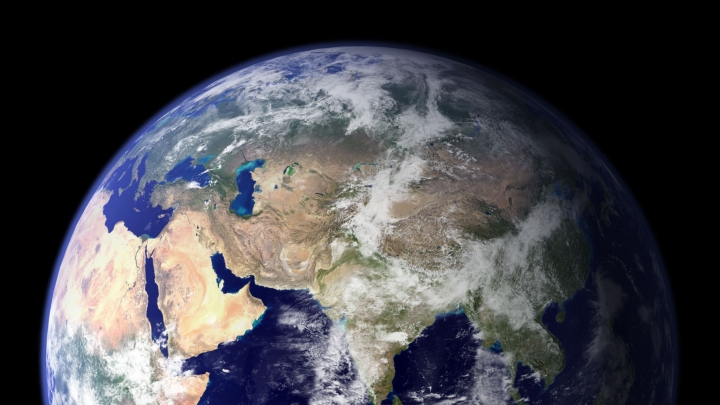The planet's natural resources for 2016 were used in less than eight months

Humans will have used up the Earth's budget of natural resources for the year in less than eight months, environmental campaigners warn.
People are putting more carbon dioxide emissions into the atmosphere than the forests and oceans can absorb, and catching fish and cutting down forests more quickly than nature can replenish them, reports Daily Mail.
As a result, the world has reached 'Earth overshoot day' today, the point in the year when humans have exhausted annual supplies such as land, trees and fish, and outstripped Earth's capacity to absorb greenhouse gases.
Experts warn the problem is worsening, with the planet sliding into 'ecological debt' earlier and earlier.
The day on which the world has used up all the natural resources available for the year has shifted from late September in 2000 to 8 August in 2016.
But the rate earth overshoot day is creeping up the calendar has slowed in the past few years, according to the Global Footprint Network, the organisation behind the measurement.
Among the worst offenders for living beyond their ecological means are Australia, and the US, the organisation claims. Both nations are renowned for their soaring rates of meat consumption.
Carbon emissions are the biggest contributor to the overshoot, with the greenhouse gas now making up 60 per cent of humanity's demand on nature, or the ecological footprint.
To meet goals to tackle climate change agreed at United Nations talks in Paris in December the world's carbon footprint must fall to zero by the second half of the century.
Meeting the goals will require a new way of living on the planet, the Global Footprint Network said.
The organisation said some countries were already embracing the challenge, pointing to Costa Rica which generated 97 per cent of its electricity from renewable sources in the first three months of this year.
The UK, Germany and Portugal are also setting new records for renewables, while China's government has outlined a plan to reduce its citizens' meat consumption by 50 per cent, which could cut the emissions from the livestock industry by a billion tonnes by 2030.
In the UK, solar outperformed coal over the course of a month for the second month on record in July, while overall renewables contributed a quarter of the country's electricity generation in 2015.
The Global Footprint Network is also urging individuals to take action to live more sustainable lives.
SCIENCE